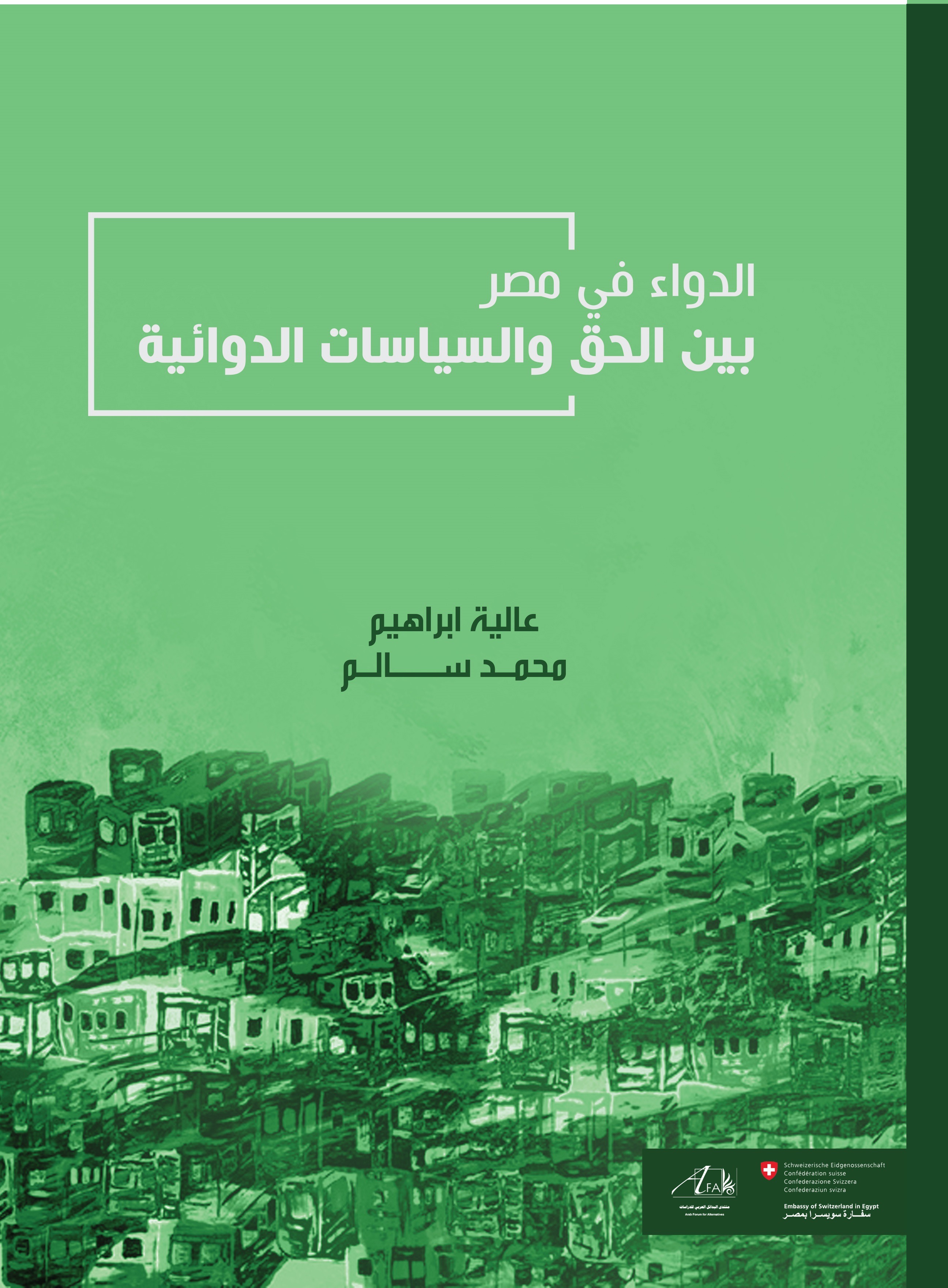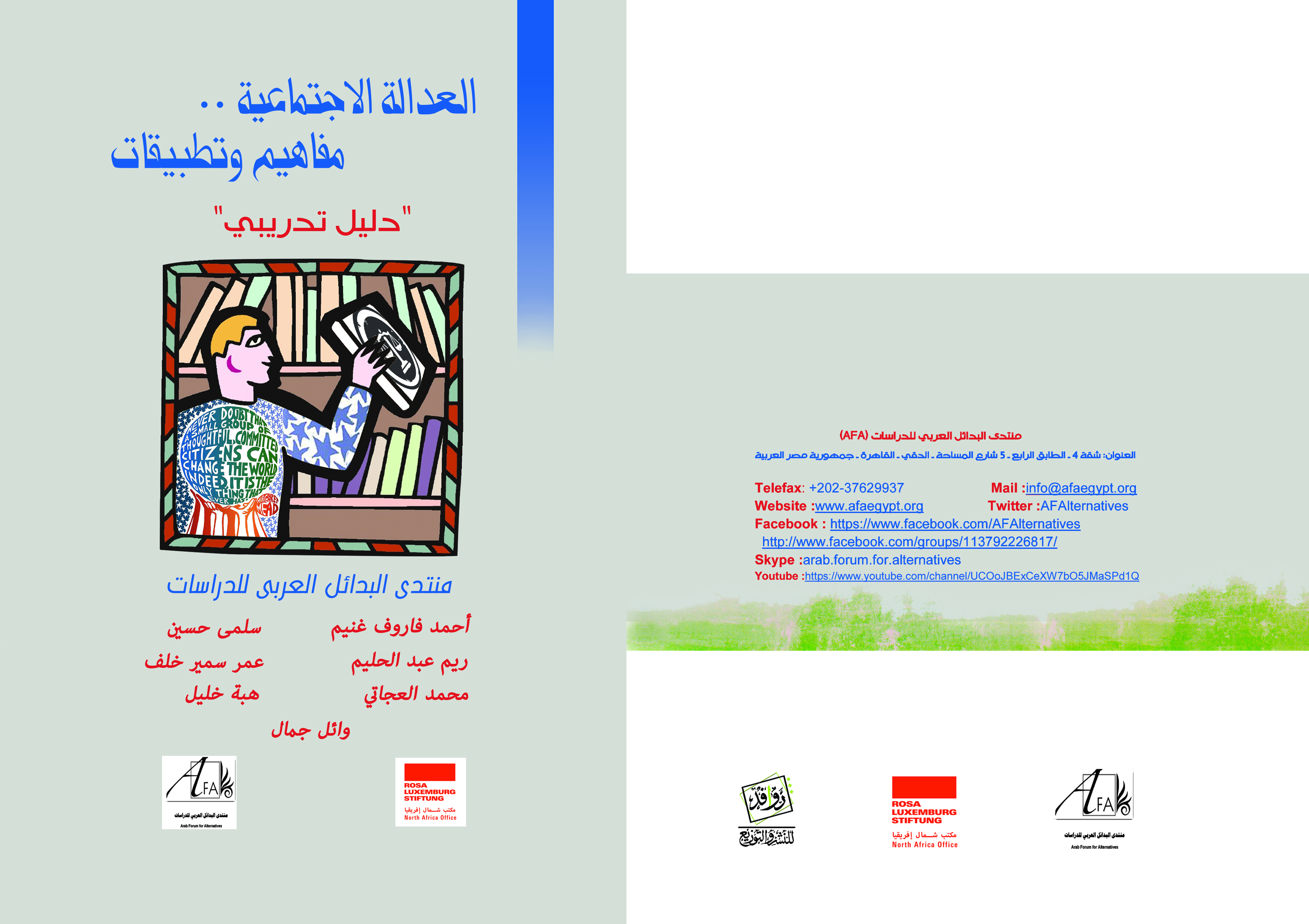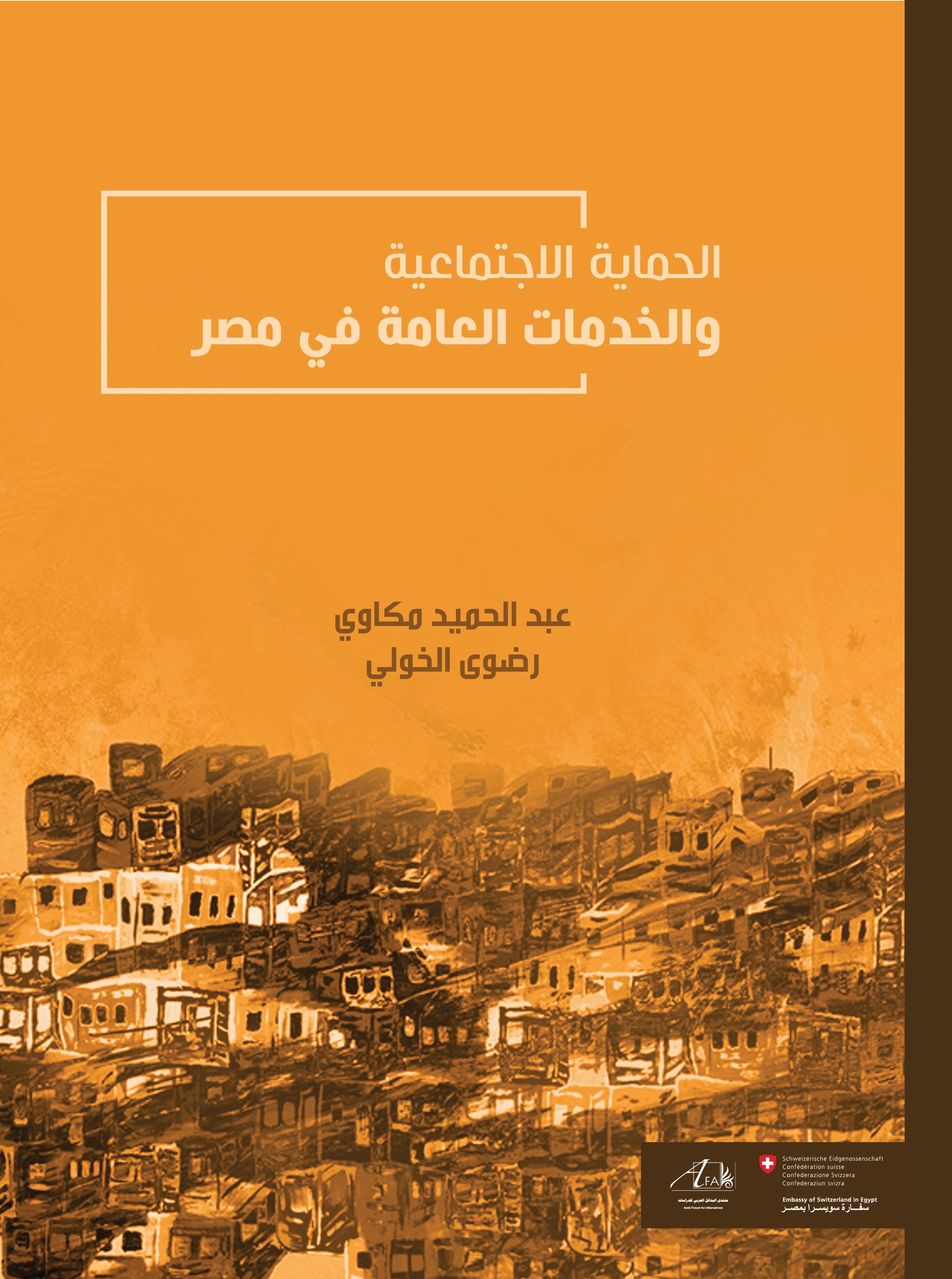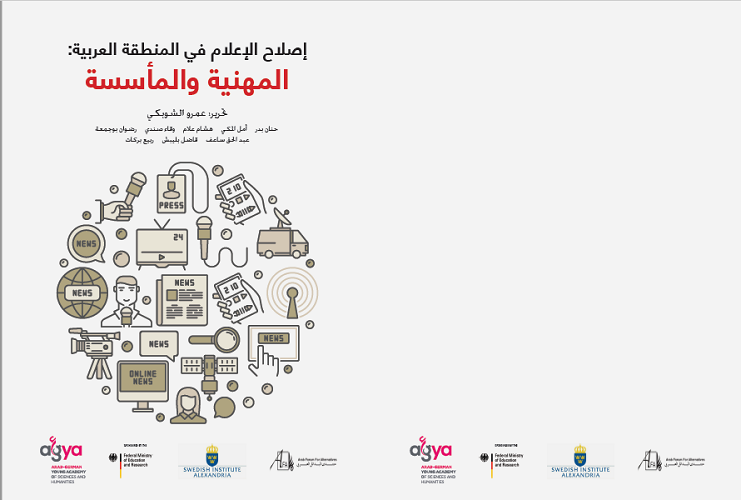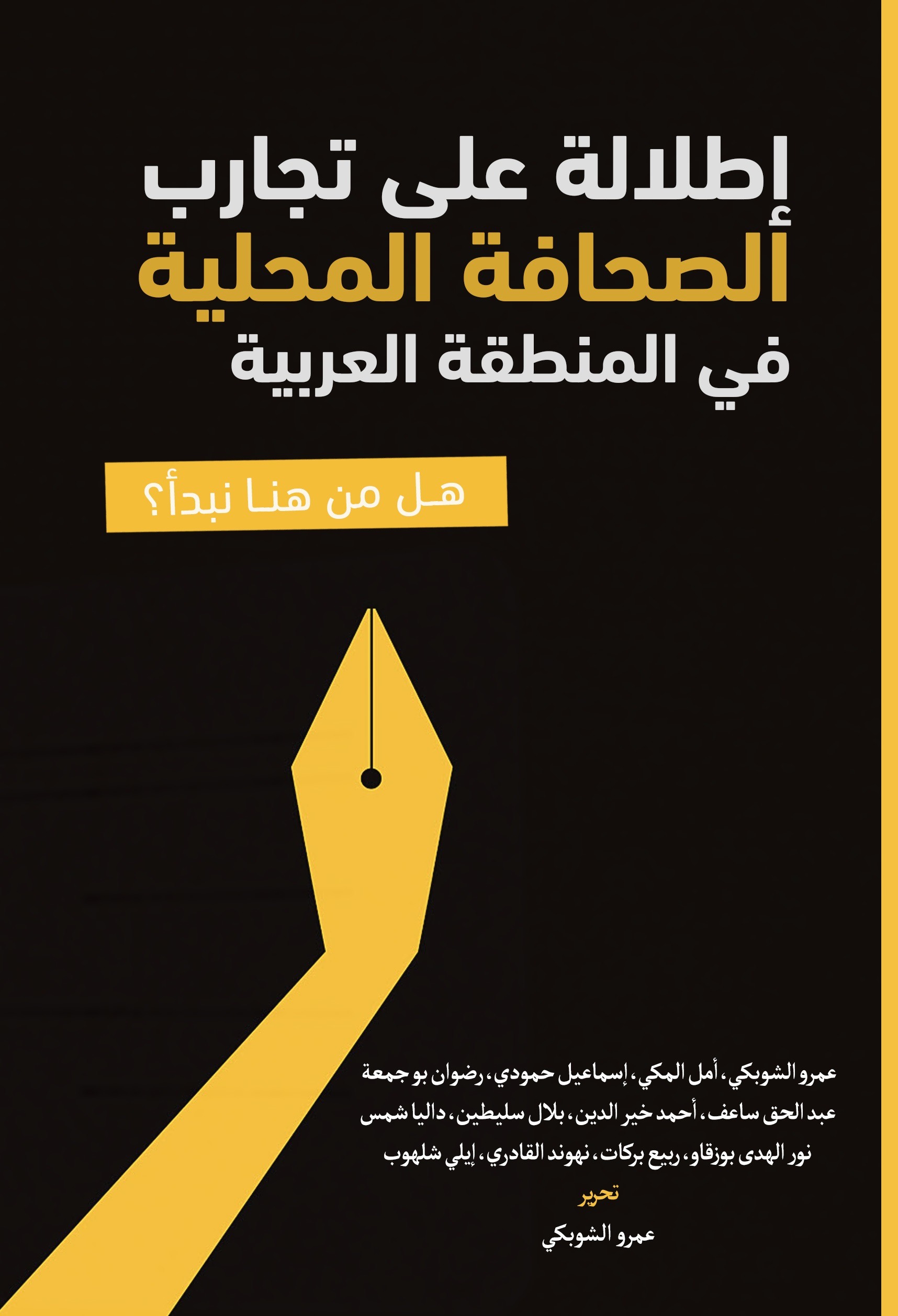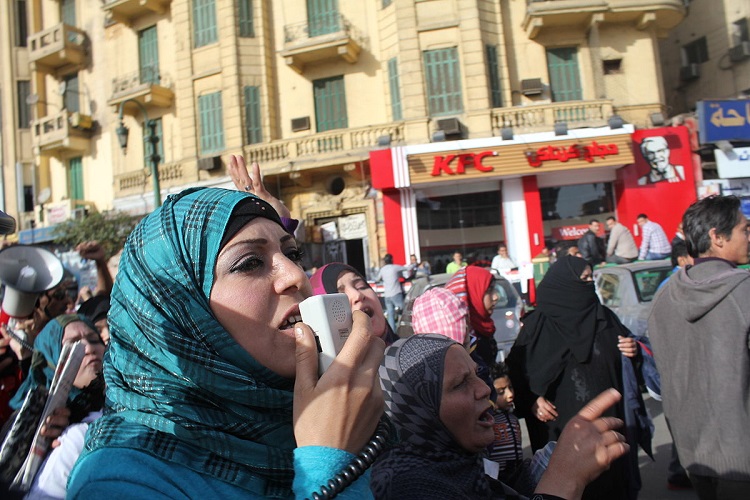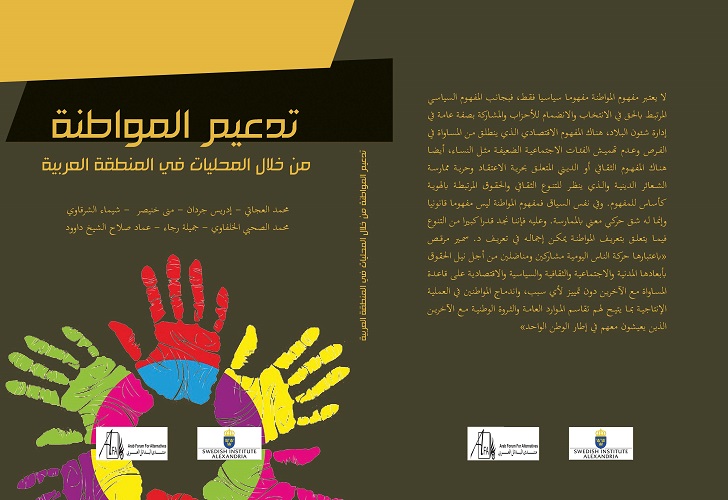Medication in Egypt: between right and drug policies: Policy recommendation papers
Ahmed El Metwally ,Norhan SheirefEgyptAlia Ibrahim, Mohamed Salem The right to medicine is one of the most important components of the health care system in the world. The United Nations considers it an integral part of the right to health principle. In addition, medicine is essential for all human beings in all societies because of its direct relationship to the right to physical integrity and life. The task of providing medicines at fair prices in Egypt was one of the main features of the state’s perception in the Nasserist era of social justice and self-sufficiency. Through the industrialization of the…

